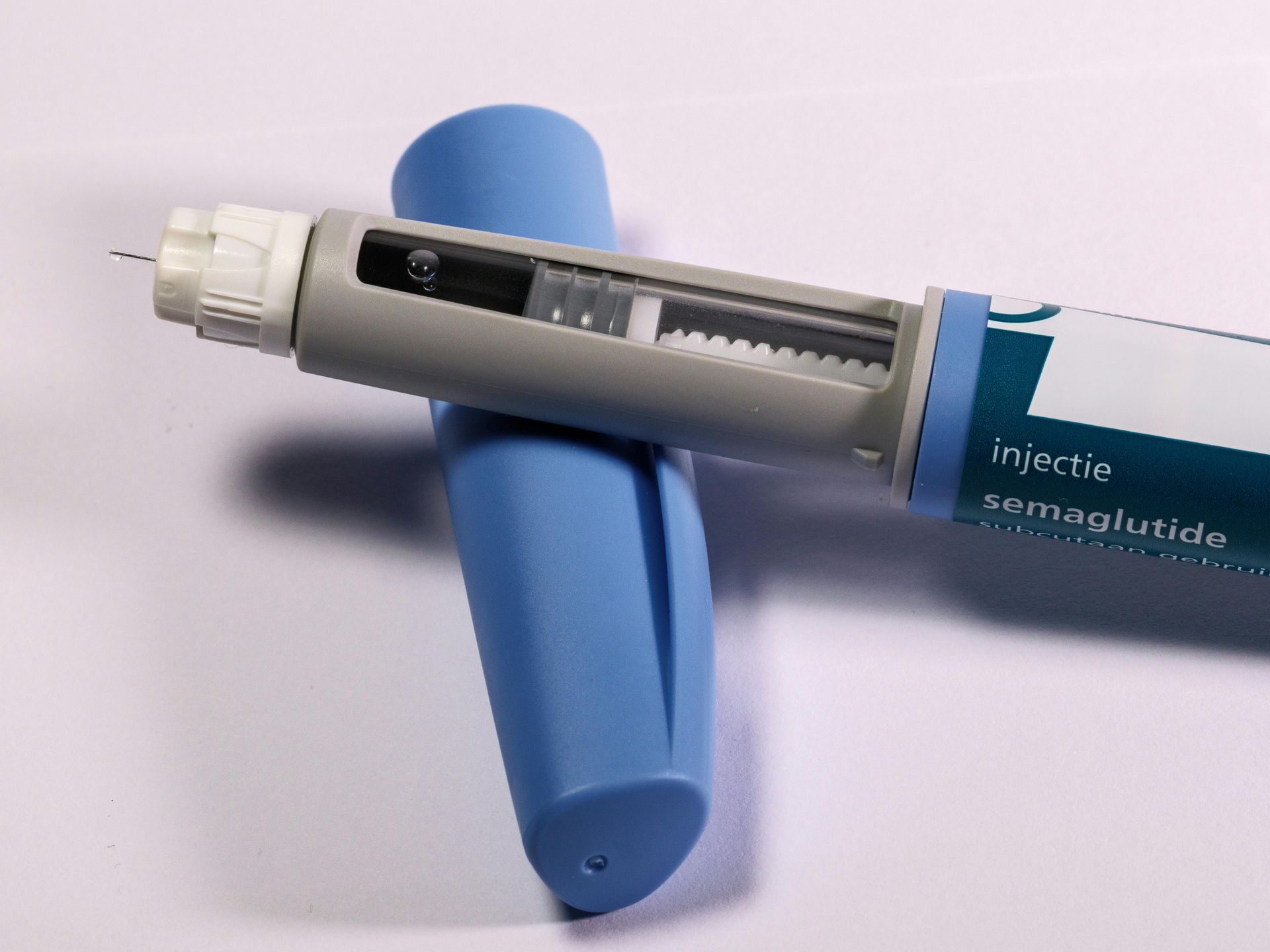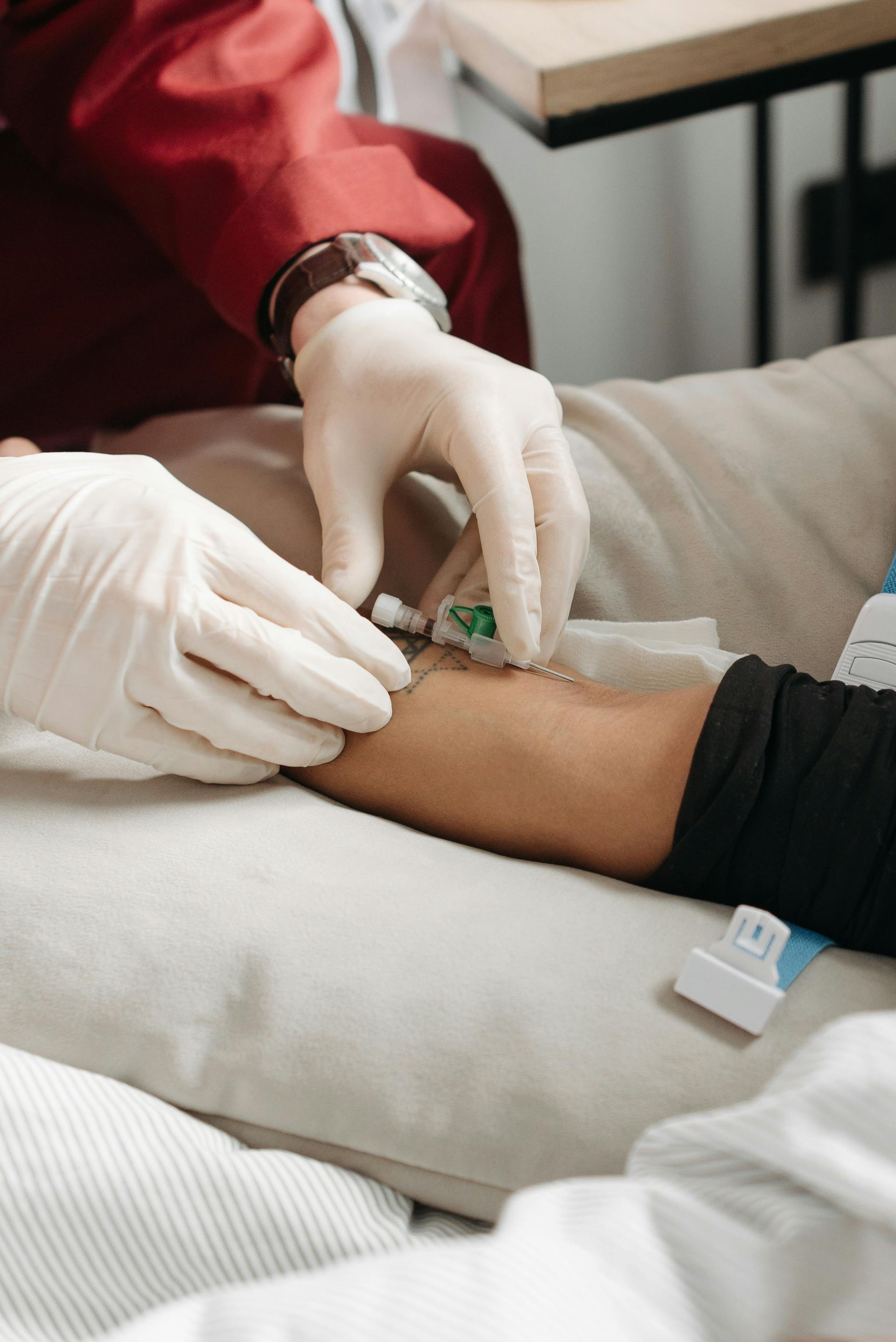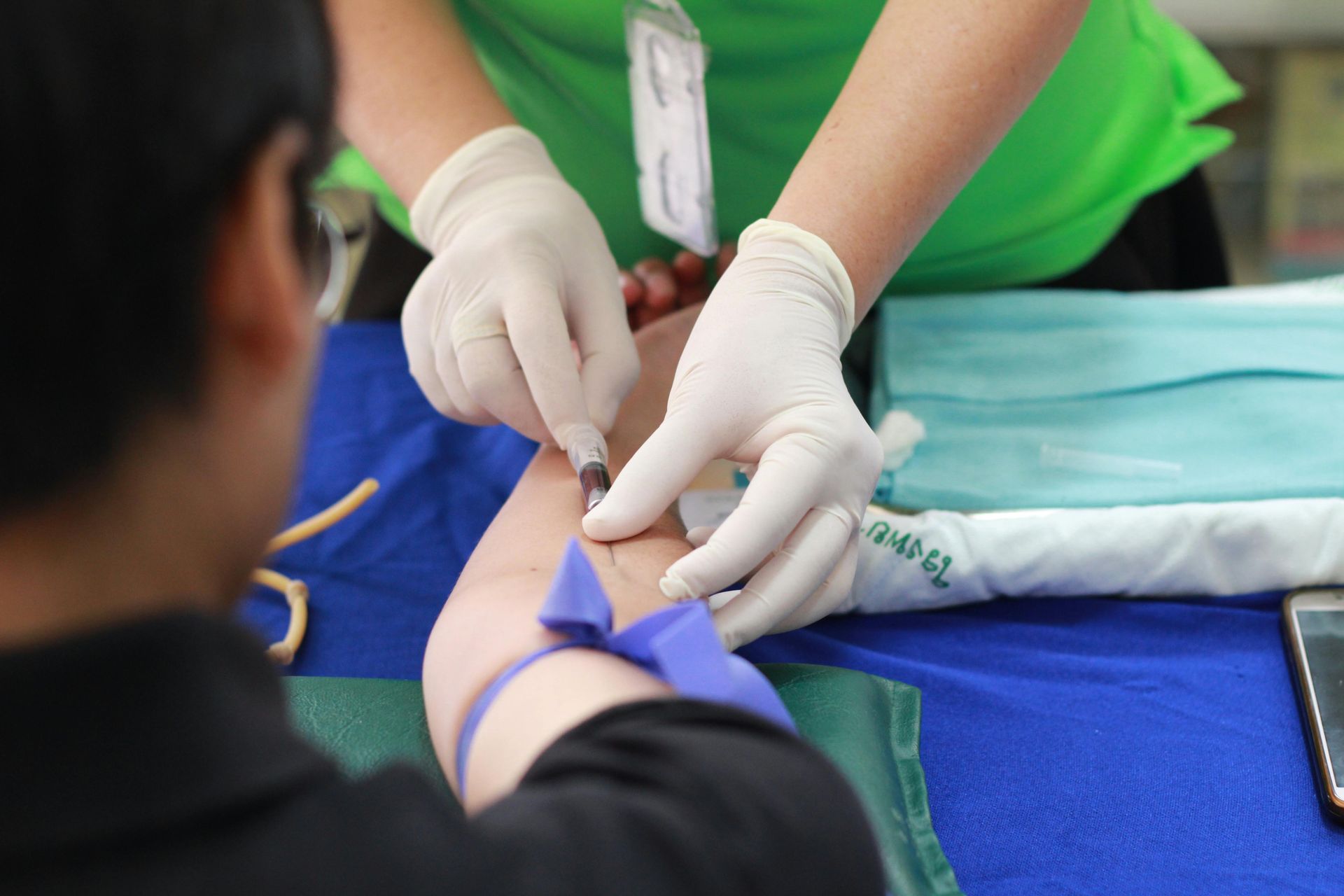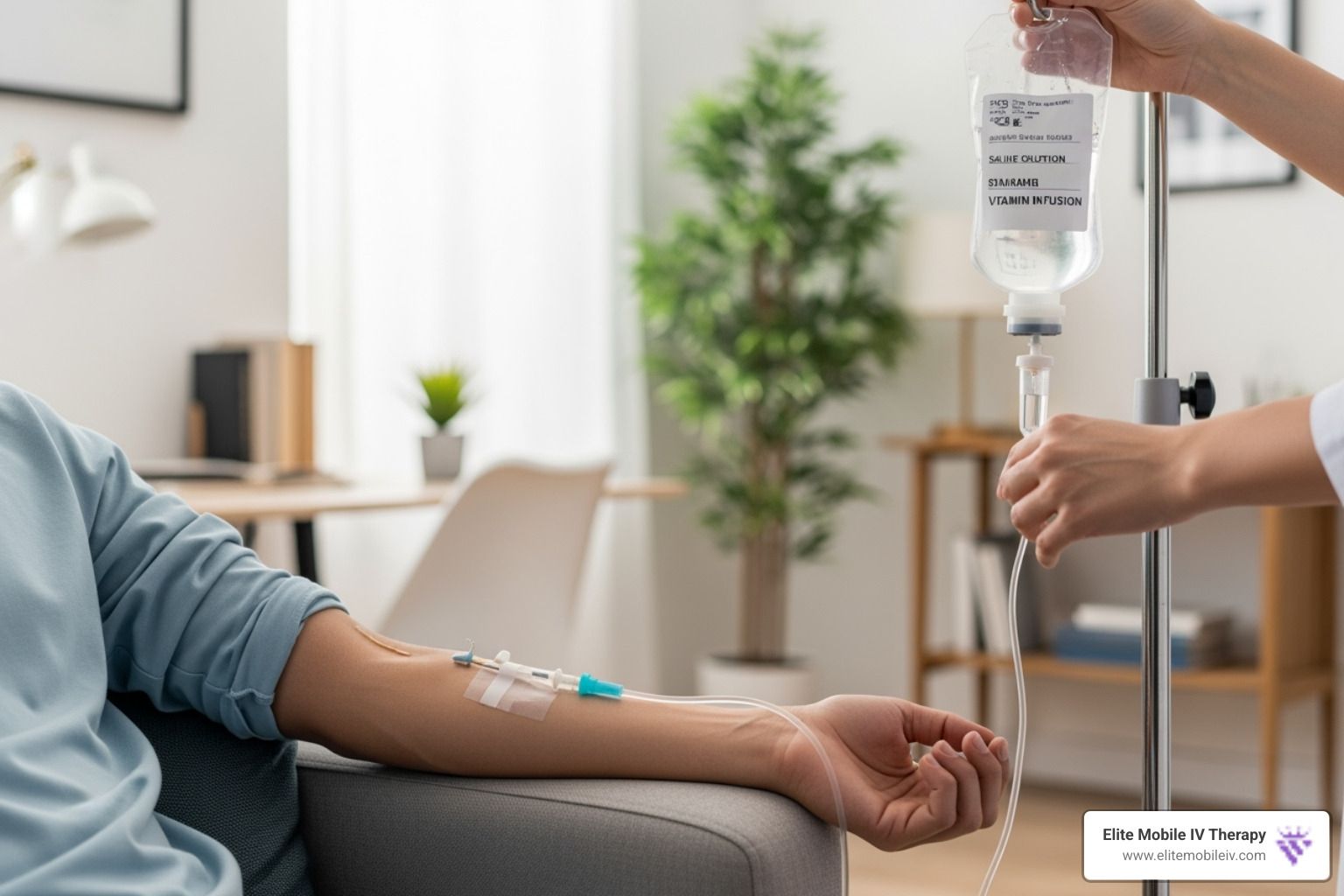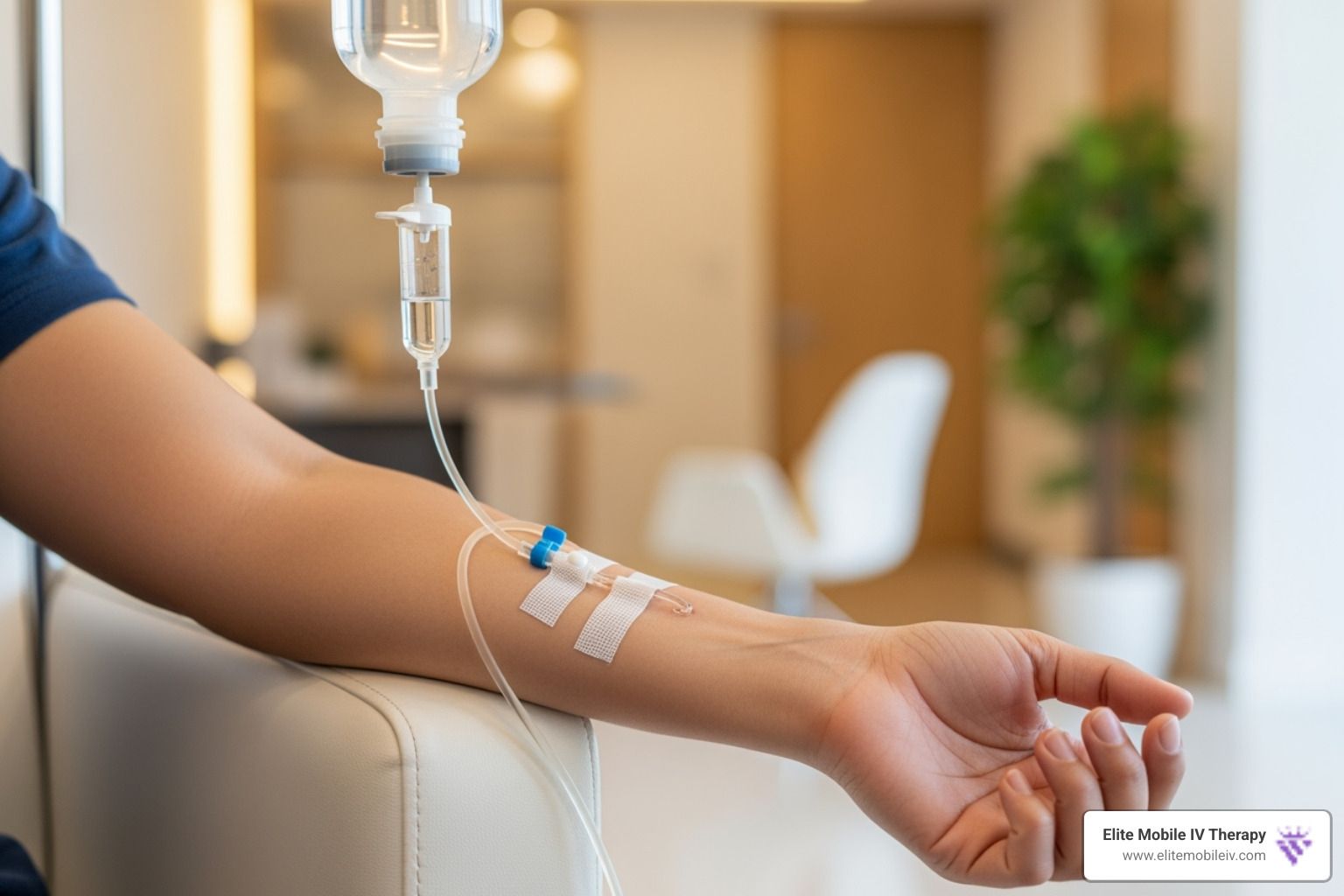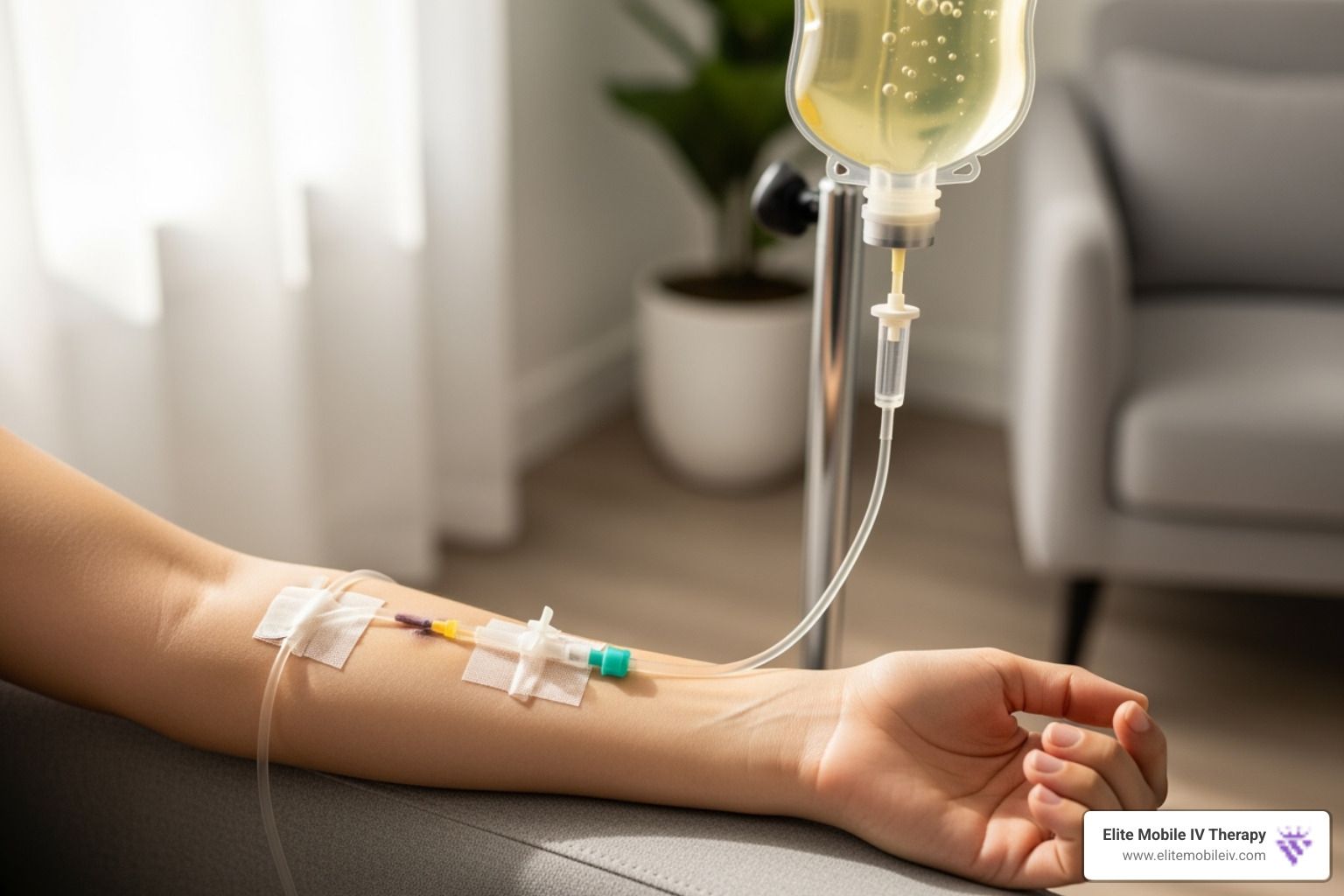
Refer a Friend & You Both Save 10%! Use code REFER10 at booking.
Refer a Friend & You Both Save 10%! Use code REFER10 at booking.

The services provided have not been evaluated by the Food and Drug Administration. These products are not intended to diagnose, treat, cure or prevent any disease. The material on this website is provided for informational purposes only and is not medical advice. Always consult your physician before beginning any treatment or therapy program.
Any designations or references to therapies are for marketing purposes only and do not represent actual products.

Membership
Locations
Follow Us
Contact
Greenville, Sc | Asheville, NC | Charlotte, NC | Raleigh, NC | Knoxville, TN | Nashville, TN
The services provided have not been evaluated by the Food and Drug Administration. These products are not intended to diagnose, treat, cure or prevent any disease. The material on this website is provided for informational purposes only and is not medical advice. Always consult your physician before beginning any treatment or therapy program.
Any designations or references to therapies are for marketing purposes only and do not represent actual products.

Membership
Locations
Follow Us
Greenville, Sc | Asheville, NC | Charlotte, NC | Raleigh, NC | Knoxville, TN | Nashville, TN
© 2025 by Elite Mobile IV. All Rights Reserved. | Privacy Policy | Terms Of Service


